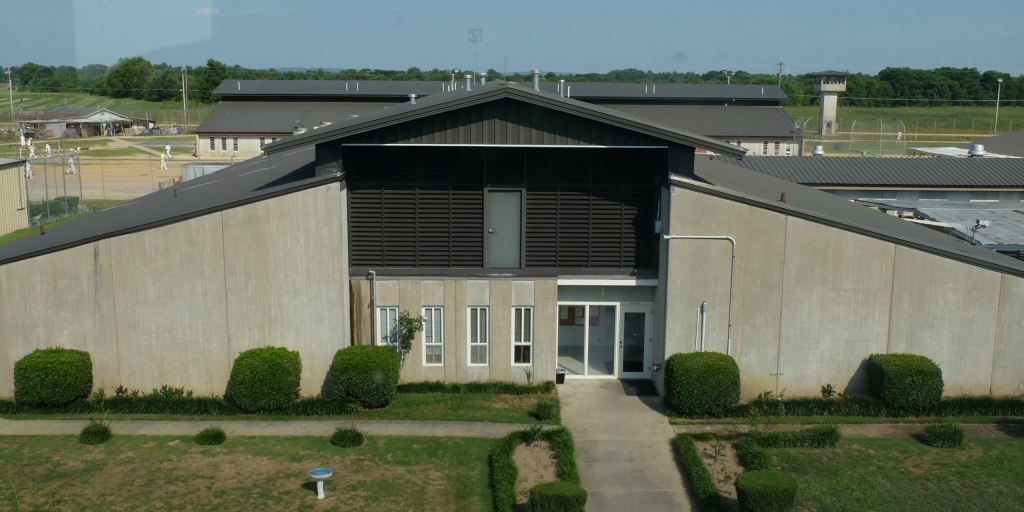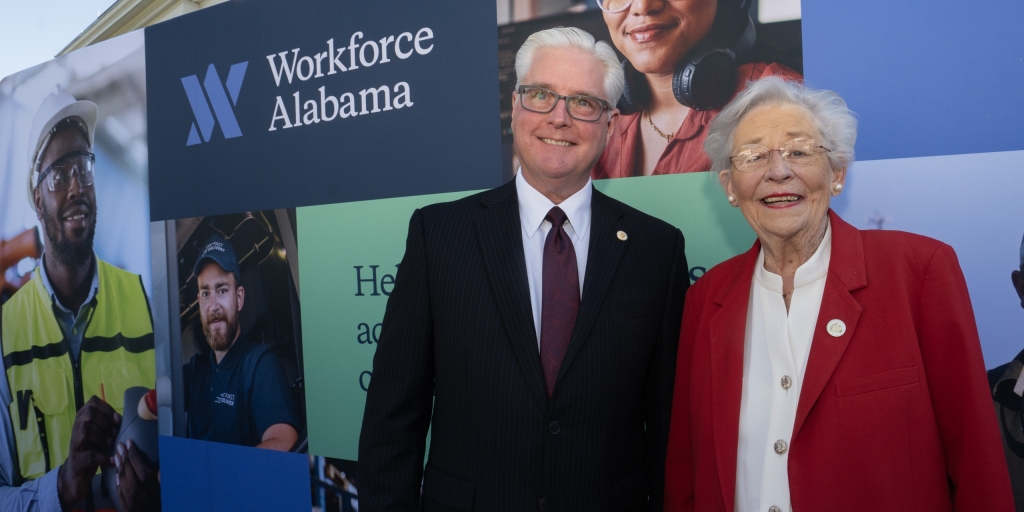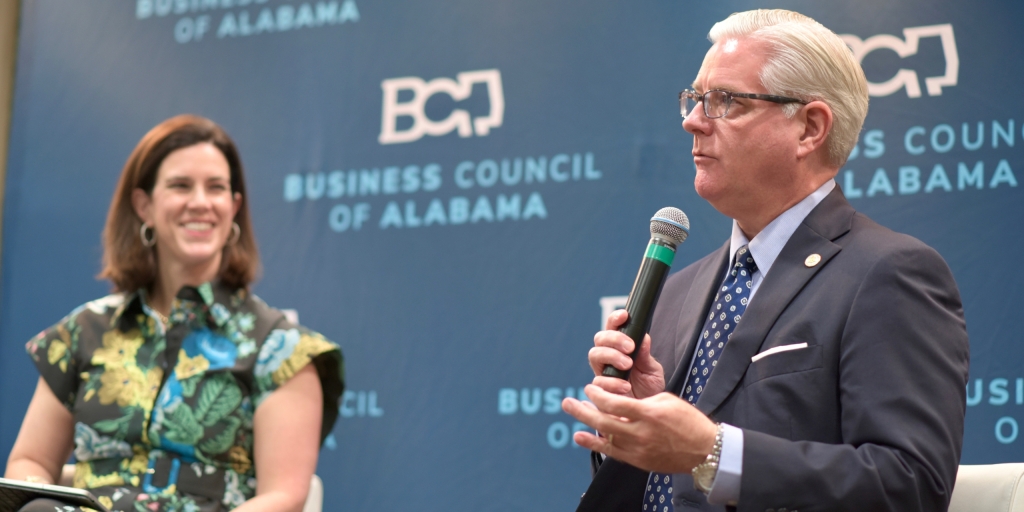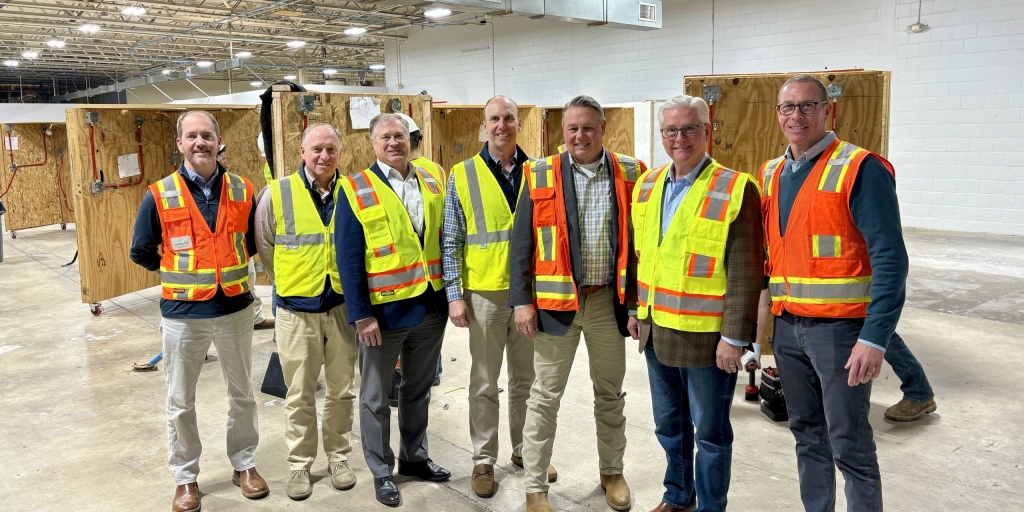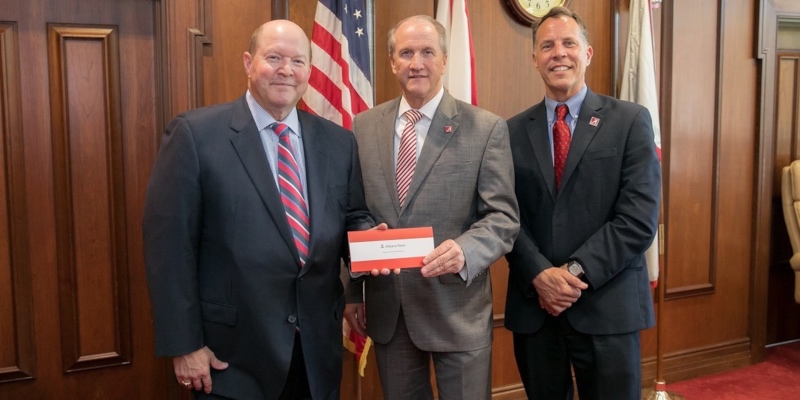Legislation aimed at bringing more rural and high-tech jobs to Alabama is one of the remaining priorities for lawmakers and industry recruiters as the 2019 session begins to wind down.
Known as the “Alabama Incentives Modernization Act,” HB540 is sponsored by State Rep. Bill Poole (R-Tuscaloosa) and seeks to bring Alabama’s economic incentives up to speed with what other states are doing to attract jobs.
The bill expands the number of rural communities that may incentivize companies under the Alabama Jobs Act, as well as provides incentives for tech companies to make Alabama a permanent home.
Passed by the House of Representatives on a 98-0 vote, the bill is now in the hands of Majority Leader Greg Reed (R-Jasper) who will carry it through the state Senate.
Reed has long been an advocate for both tech jobs and opportunities for rural communities.
He has been a leader in promoting partnerships at Bevill State to better prepare the region’s workforce for jobs in automotive technology and other advanced technology jobs.
Before coming to a vote by the full Senate, the bill must first clear the Senate Finance and Taxation Education Committee chaired by Sen. Arthur Orr (R-Decatur).
Himself a fierce proponent of the state’s economic development efforts, Orr also serves as chairman of the board of directors for the Morgan County Economic Development Association. Some of the state’s most prominent employers in the aerospace, technology and manufacturing sectors reside in Orr’s district, and many continue to grow on his watch.
And, so, it is not surprising that an industry recruiter from his area sees great value in expanding the use of the Alabama Jobs Act to grow the state’s economy in rural areas and in the tech sector.
Jeremy Nails, president and CEO of the Morgan County Economic Development Association, thinks this new approach would send a simple, but powerful, message to tech companies.
“Stay and grow,” he explained. “That’s the message this sends those companies.”
Nails believes the need to update the state’s approach has a lot to do with the tech sector itself.
“The tech sector is going to continue to grow,” he said. “We need to recruit more of that into this area and encourage more of that type of entrepreneurship with tech programs. A lot of the tech companies start out small and that’s why you are seeing some of these changes with this legislation whether it’s not requiring fifty jobs when you can do five or ten with a good tech company. So I think it is more representative of today’s workforce model when it comes to tech companies.”
He also recommends that policy-makers continually assess their incentives to make sure they stay up to date with what other states are doing.
Whatever that path looks like, he says, must be done with an eye toward what is going to benefit both prospective companies and the community.
“Incentives are supposed to be an inducement,” said Nails. “It is not the final decision point for most companies. Workforce and location are most important. But it is important to revisit incentives every year, really, to see if any enhancements need to be made. What’s working? What’s not working? What is the benefit to the community and the state? And then does it benefit the company, as well?”
He has an appreciation for the work done by legislators on this economic development package and how every incentive package requires careful consideration.
“Every incentive has a cost benefit analysis to it,” he explained. “People think we give away the farm — that’s not the case. There has to be a win not only for the company but for the community, too.”
One type of community, in particular, would see a win, according to Nails.
“This will benefit the rural communities in Alabama,” he said. “A lot of tech can be done anywhere, especially if you have good internet service.”
Asked what will happen if this legislation is enacted, Alabama’s top economic developer for 2019 did not hesitate to offer his professional opinion.
“You’ll get more tech companies moving in,” Nails concluded. “That will raise the standard of living for the community. Raises your education levels in the community. It gives more opportunities for residents that live in your community.”
Tim Howe is an owner and editor of Yellowhammer News





